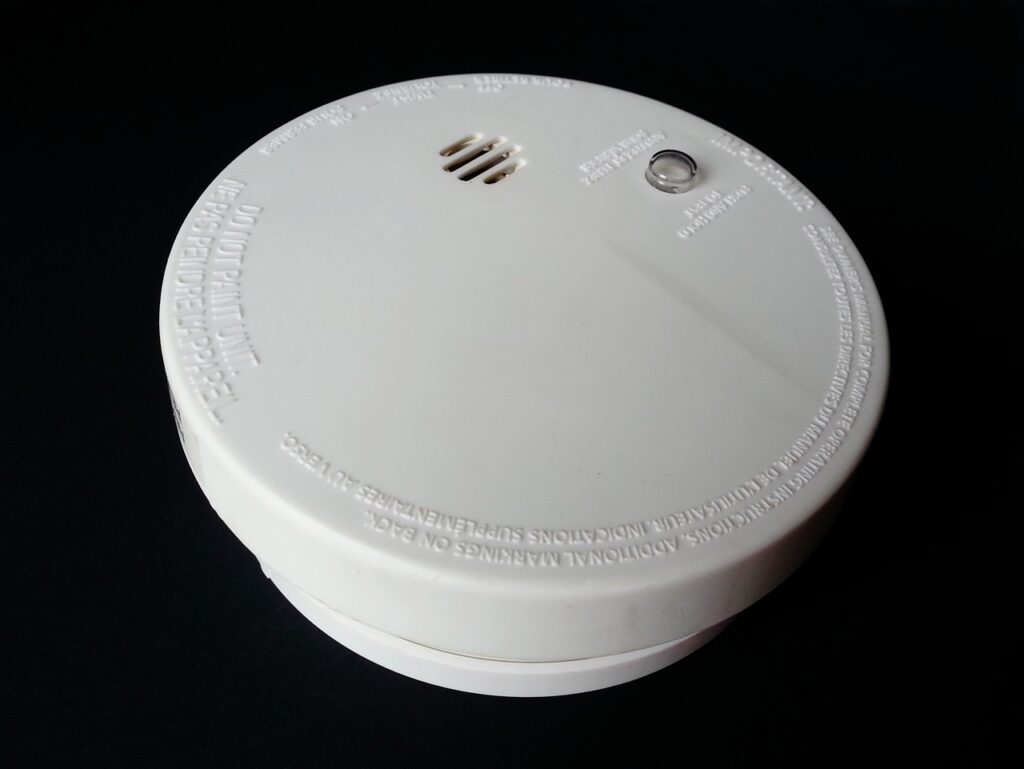As homeowners, there are countless tasks on our to-do lists, from routine maintenance to unexpected repairs. However, one crucial but often overlooked item is checking the batteries in our fire alarms and carbon monoxide (CO) detectors. These small devices play a critical role in keeping our families safe, yet their effectiveness relies heavily on functional batteries. Let’s delve into why it’s essential to regularly inspect and replace these batteries and when you might need to do so.
Why Regular Maintenance Matters
Early Warning Saves Lives: Fire alarms and CO detectors are designed to alert you to potential dangers before they escalate. Functional batteries ensure these devices can do their job effectively, giving you and your family precious time to evacuate in case of a fire or CO leak.
Battery Failure is Common: Over time, batteries in smoke alarms and CO detectors lose their charge. According to the National Fire Protection Association (NFPA), missing or dead batteries are the primary reason smoke alarms fail to operate during a fire. Regular checks can prevent this oversight.
Compliance with Regulations: Many local regulations and building codes require homeowners to have working smoke alarms and CO detectors. Ensuring they have operational batteries not only keeps you safe but also keeps you compliant with these standards.
Peace of Mind: Knowing that your fire alarms and CO detectors are functioning properly can provide peace of mind. You can rest assured that you have taken the necessary steps to protect your loved ones and property.
When to Replace Batteries
Twice Annually: The general recommendation is to replace batteries in smoke alarms and CO detectors at least twice a year. A good rule of thumb is to do this when you change your clocks for daylight saving time.
Low Battery Alerts: If your smoke alarm or CO detector starts beeping intermittently, it’s a sign that the battery is running low. Replace the battery immediately.
Age of the Battery: Even if the battery seems fine, replace it if it’s been in use for more than a year. It’s better to err on the side of caution.
Testing Routine: Get into the habit of testing your smoke alarms and CO detectors monthly. If they fail to sound during the test, replace the batteries and test again.
How to Replace Batteries
Turn Off Power: Before replacing batteries, turn off the power to the smoke alarms and CO detectors to avoid accidental triggering.
Use Correct Batteries: Always use the type of batteries recommended by the manufacturer for your specific device.
Proper Installation: Insert the new batteries correctly, following the polarity markings (+ and -) inside the device.
Test After Replacement: Once new batteries are installed, test the smoke alarm or CO detector to ensure it’s functioning correctly.
In conclusion, taking a few minutes to check and replace batteries in your fire alarms and CO detectors can make a significant difference in the safety of your home. It’s a small investment of time that can potentially save lives and prevent property damage. Remember, a properly maintained and operational smoke alarm and CO detector are essential components of a safe and secure household.

